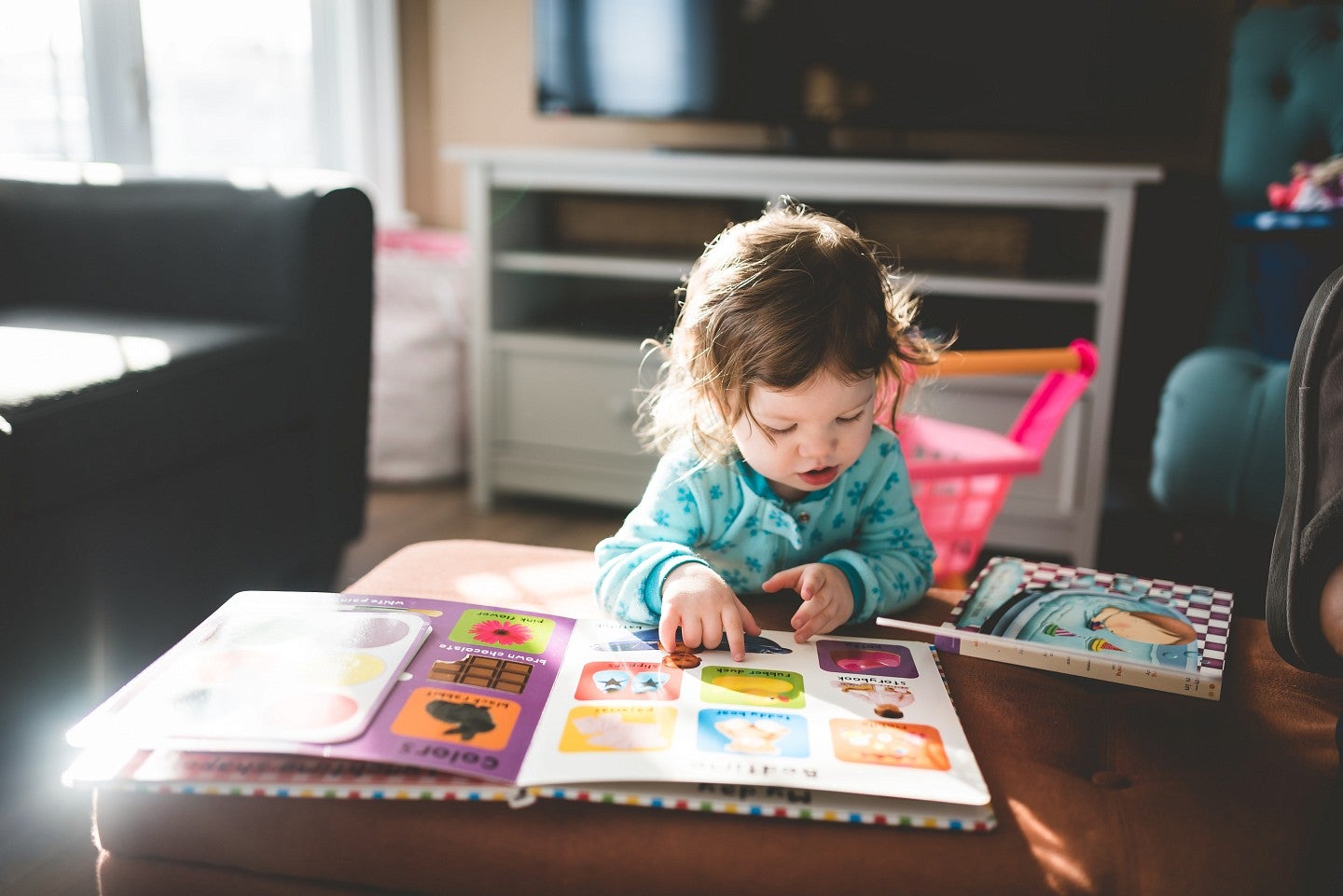
Parenting & Child Inflammation
Facilitated by the Family Biobehavioral Health Lab, Skowron
The family environment has been identified as a critical variable in childhood illness, with research pointing to inflammation as a mechanism by which early social stress engenders risk for poor mental and physical health.
Efforts have therefore increased to identify risk and protective factors in family interactions that may contribute to increased levels of inflammation in childhood. Research suggests that how parents (a) think about and (b) behave toward their child influences multiple facets of development.
While research has documented that aversive parenting behavior exerts a measurable impact on biomarkers of children’s stress responding and downstream chronic health problems, no research to date has explored the role that parental attributions may play in whether and how parenting processes effect children’s health.
Parents who hold negative, threat-sensitive views toward their children, and presume their child maintains high power and control in the parent-child relationship, are more likely to
- use harsh and abusive parenting strategies
- have enhanced negative emotionality toward their child,
- and display greater physiological arousal in challenging caregiving contexts
The current study examines whether and how observed parenting behavior and quality of parental attributions impact levels of inflammation in their children.
Specifically, both mediation and moderation models will be tested to determine whether parental attributions interact with quality of parenting to affect child inflammation levels, or if attributions strengthen or weaken the effect of parenting behavior on their children’s chronic inflammation.
Increased understanding of the relationships between parenting behavior, parental attributions, and child inflammation will provide insight into how parents’ behavior and perceptions of their child converge to influence their children’s health.

